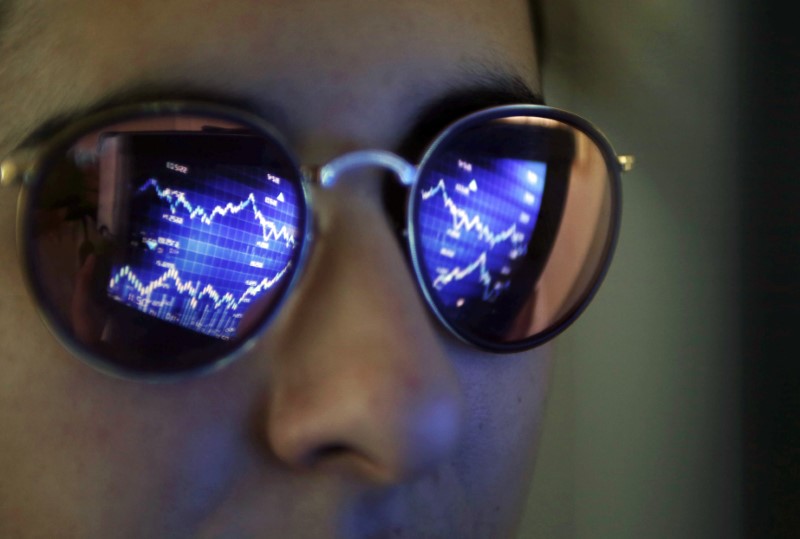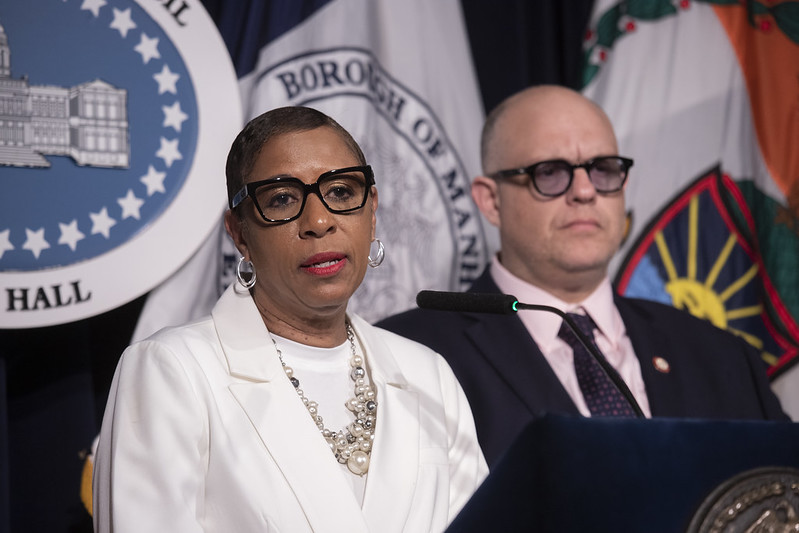LONDON (Reuters) – Following are five big themes likely to dominate thinking of investors and traders in the coming week and the Reuters stories related to them.
1/ SHOW ME THE MONEY
Earnings season is here. Starting with the major U.S. firms over the next two weeks, followed by Asia and Europe through July and early August, investors will get a peek into how much companies are benefiting from the upturn in global economic activity. After some blistering Q1 numbers expectations are high. It is the first time since 2010 that earnings forecasts globally, which usually tend to be upbeat at the start of the year and then slowly get trimmed, are not seeing downgrades.
For a graphic on global earnings growth click http://reut.rs/2upAeNv
2/ BANKING ON THE BANKS
In the United States a lot is riding on the banks, and how their stocks react to numbers over the coming week could set the tone for the rest of the earnings season and the year. U.S. financial stocks have enjoyed a tailwind from announcements of stock buybacks, dividend increases and rising global bond yields, and their prices have been breaking to new highs on the Financial Select Sector SPDR Fund. The 2/10 yield spread has also begun to increase, an aid to bank earnings. The sector still trades at a valuation discount to the 10-year average. However, the sector has lagged the broader market and investors are bracing for a rocky second half of 2017. JPMorgan’s Q2 number were not received particularly well as trading volumes fell. Recent high frequency economic data suggests a guide down to both domestic economic growth and profit expectations during the next few months. And given the controversy over Donald Trump Jr’s emails, the Trump administration’s initiatives toward reviving economic growth may now be dead on arrival. Hedge funds and other institutional investors are reversing their bets and shorting some financials and banks, based on slowing global economic growth and a flattening yield curve.
For a graphic on U.S. bank stocks YTD click http://reut.rs/2uq36VK
3/ SNEEZING PANDA
They say that when the U.S. sneezes, the world catches a cold. But what if China feels a bit feverish? The world’s second largest economy is expected to post robust second quarter growth on Monday, but its outlook for the rest of the year looks less rosy after moves to cool the property market and curb shadow banking. Earlier this week, China’s total social financing (TSF) showed a rise in June – so all good. If TSF falls from now on matters not only for China, but for the rest of the world as it is closely correlated with U.S. manufacturing.
For a graphic on China TSF VS ISM click http://reut.rs/2tPsEKp
4/TO YIELD OR NOT TO YIELD
High valuations, central banks turning hawkish and uncertainties around Brexit or U.S. politics have done little to ruffle one of the longest bull markets in history, despite some short-lived stumbles. While absolute price-to-earnings valuations across most major indices are above averages, the yield on offer in relation to bonds is still a draw. In the week to Wednesday, money flowed out of bonds for the 17th straight week, while equities drew inflows for the fifth straight week.
For a graphic on stocks versus bonds click http://reut.rs/2tQlVQB
5/THE ICARUS TRADE AND INEQUALITY
How many hours does the average private sector employee in the United States have to work to buy one unit of the S&P 500? More than 110 hours, Bank of America-Merrill Lynch says, the highest ever. The investment bank says the last leg of the ongoing rally — which it dubs the “Icarus trade” — will only exacerbate inequality, forcing central banks to pop the bubble later this year. Or wage growth needs to pick up from the stubbornly sluggish levels it is currently stuck at across most developed countries.
For a graphic on click hours of work to buy the S&P 500 click http://reut.rs/2uqGO6n
(Reporting by Dan Burns in NEW YORK, Marius Zaharia in HONG KONG and Vikram Subhedar in LONDON; Editing by Gareth Jones)


















